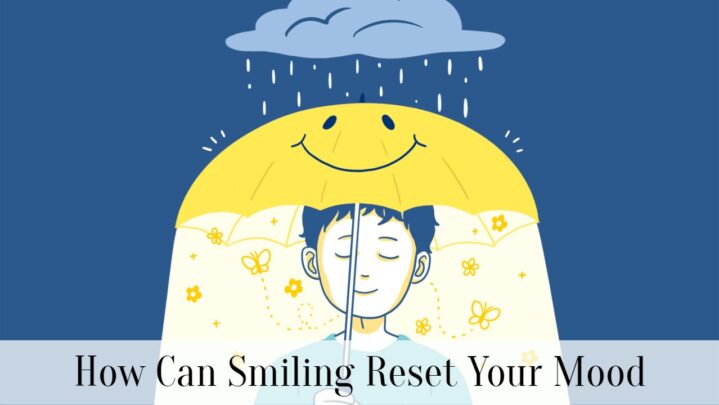Many believe that smiling is only an automatic reaction to happy or humorous things. This is unquestionably true but ignores a crucial fact: Smiling may be a deliberate, intentional choice.
What does smiling have to do with psychology? Whether or not your smile is sincere, it may still greatly impact your body and mind. It can improve your health, your happiness, and even the emotions of others around you.
Smiling Helps You Live Longer
The likelihood that smiling will increase your longevity is arguably the strongest argument in favor. According to one study, smiling with sincerity and intensity is linked to living longer.
Although more study is required to fully understand why, happy individuals appear to have greater health and lifespan. According to research, happiness may lengthen life by years, indicating that cultivating a joyful disposition may be crucial to leading a healthy lifestyle.
Laughing Reduces Stress
Stress may affect every aspect of who we are, including how we look and feel. Not only can smiling help us avoid appearing exhausted, worn out, and overburdened, but it can also really reduce stress.
Whether you feel like smiling or decide to fake it with an insincere smile, smiling might actually lower stress.
Laughter Improves Mood
You can also feel happier by grinning. The next time you are depressed, try smiling. There’s a strong probability that your mood will improve.
You may “trick” your mind into feeling joyful by adopting a cheerful facial expression because smiling stimulates brain circuits that affect your emotional state.
Laughing Strengthens the Immune System
Additionally, smiling can improve your health overall by enhancing the effectiveness of your immune system. It is believed that smiling makes you feel calmer, which enhances your immune system.





